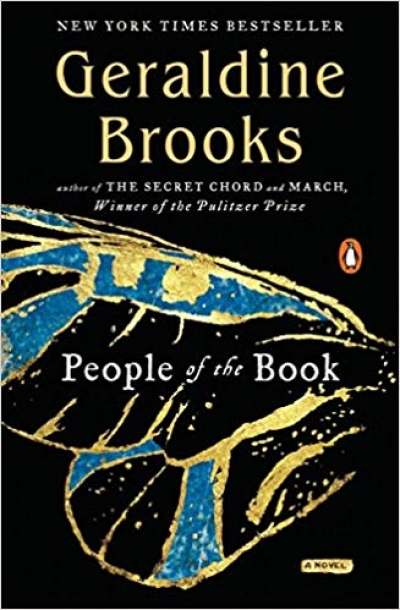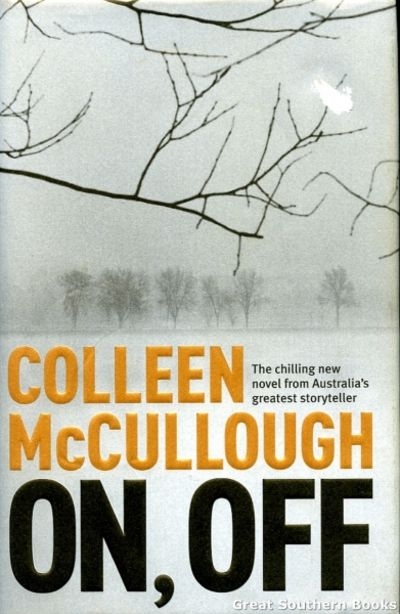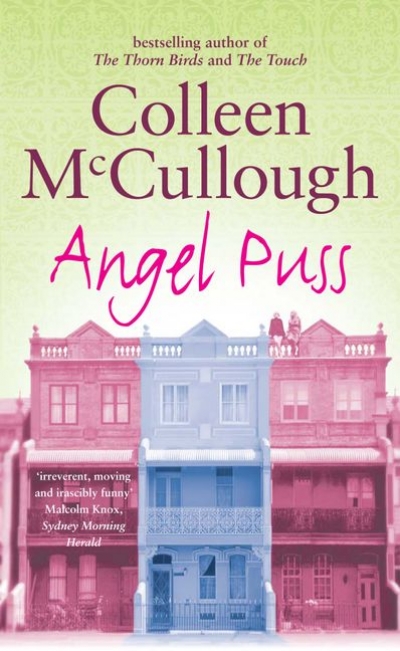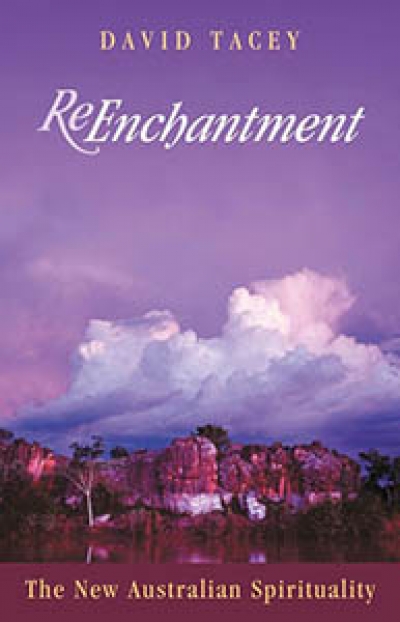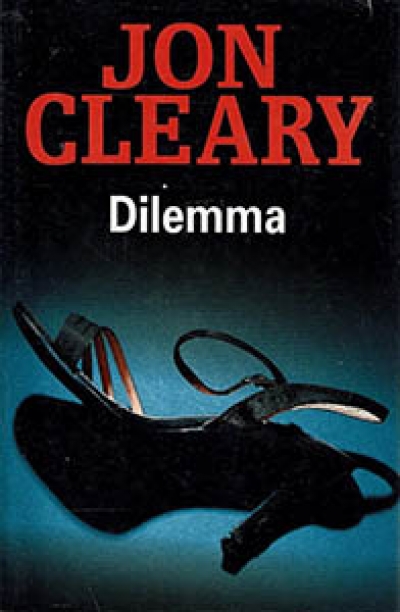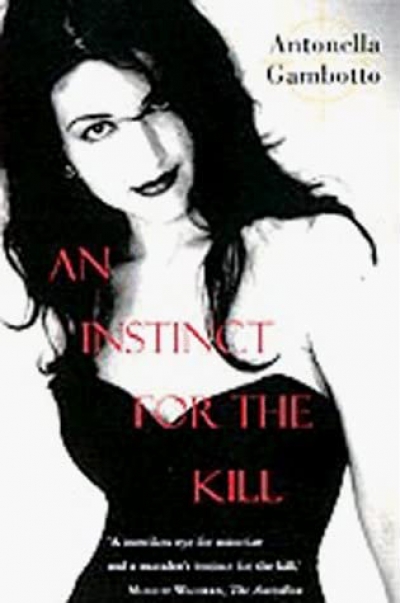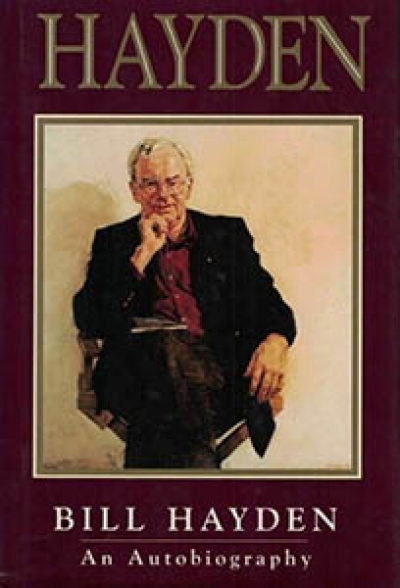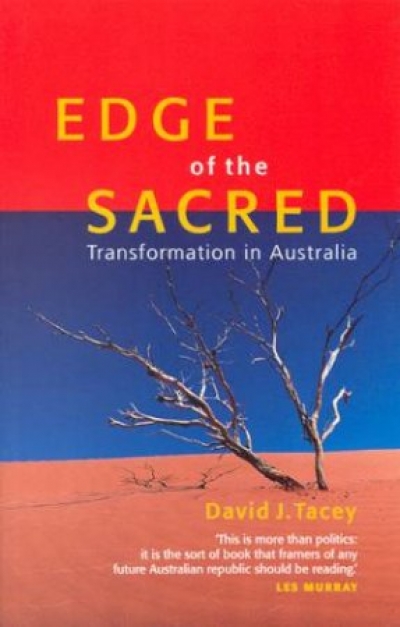HarperCollins Publishers Australia
Aviva Tuffield reviews 'The Truth about My Fathers' by Gaby Naher, 'I’m Hungry, Daddy' by Cliff Nichols, and 'The Bean Patch' by Shirley Painter
These three memoirs share central focus on fathers: Gaby Naher’s is a meditation on fatherhood, Shirley Painter’s is about surviving an abusive one, while Cliff Nichols’s relates his life as an alcoholic and unreliable parent. They are also all part of the current flood of life-writing appearing from Australian publishing houses. Drusilla Modjeska, writing recently about the failings of contemporary fiction, argued that creative writing courses since the 1980s have produced a spate of postmodern first novels that were ‘tricksy and insubstantial’, deconstructing narrative at the expense of well-developed plots and characters. These courses may also account for much of the current memoir boom, feeding the demands of our voyeuristic culture. But publishers have a responsibility to readers to tame the genre’s self-revelatory excesses.
... (read more)‘AT NIGHT,’ wrote Charmian Clift one summer in the late 1950s on the Greek island of Hydra where she lived with her husband and children, where the harbour village had been invaded by summer tourists, where teams of local Greek matrons invaded the kitchen in relays to monitor the foreign woman’s housework and mothering techniques ...
... (read more)
